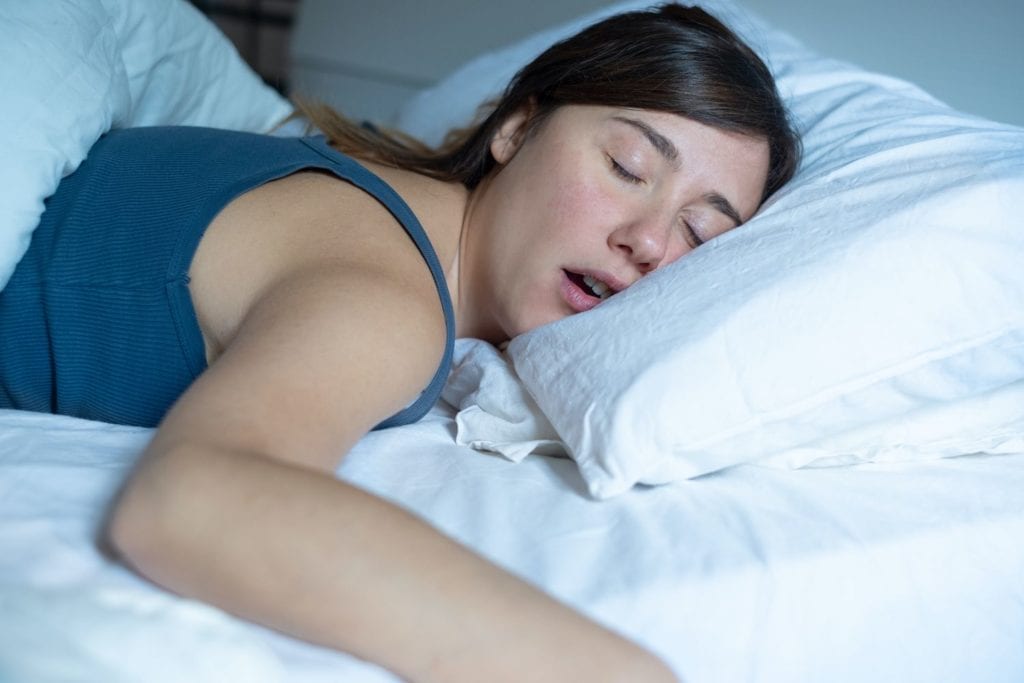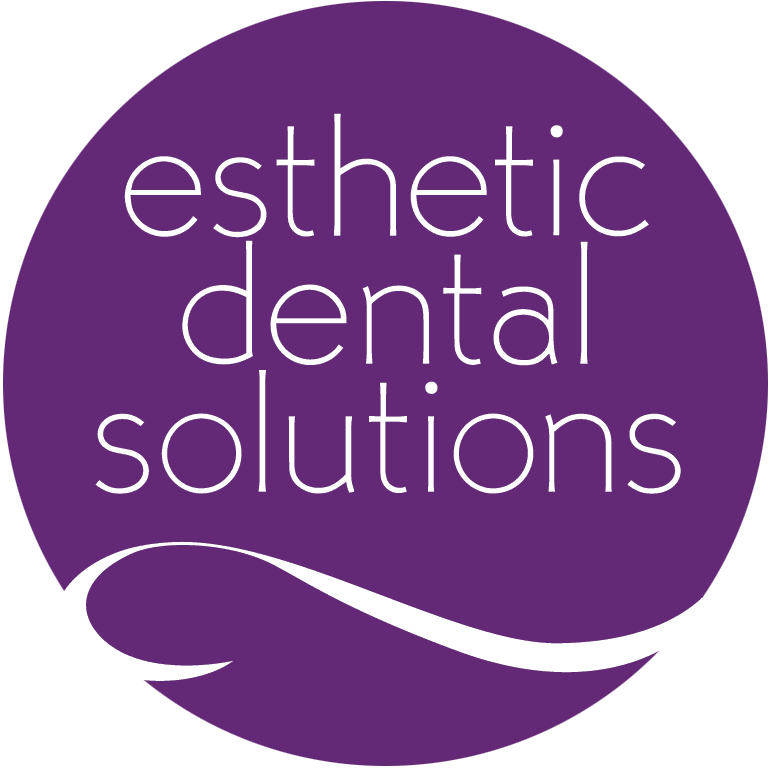Have you been grinding your teeth at night?
Teeth grinding is a common dental concern that we treat at Esthetic Dental Solutions. Many people are unaware that they have been grinding their teeth until more serious tooth damage has occurred. Luckily, for our patients who schedule regular preventative care, Dr. Hedlund is constantly examining for signs and symptoms of teeth grinding to prevent future tooth damage.
If you suspect you have been grinding your teeth while you sleep, we recommend scheduling an appointment today with our compassionate and caring team. As your trusted dentist in Roswell and Alpharetta, GA, Dr. Hedlund will evaluate your teeth for any damage, and create a customized night guard for you to wear at night to reduce the chances of tooth damage.

Bruxism: What Esthetic Dental Solutions Can Do for You
Teeth grinding is a hard habit to break, especially when you are unconscious while doing it. That’s why we recommend the use of a customized night guard. Our customized night guards fit comfortably and securely into your mouth. They protect your teeth while you sleep. Even if you attempt to grind your teeth together in the night, you won’t cause tooth damage through the night guard.
Additionally, customized night guards hold your jaw in a better resting position to assist with relieving any facial soreness or issues with your jawbone. Your customized night guard should not interfere with your sleep habits, therefore giving you a good night’s rest in addition to tooth protection.
Teeth grinding can occasionally cause tooth damage if left untreated. Restorative and cosmetic dentistry options are available to help with this. If your teeth are worn-down or damaged due to bruxism, there are a variety of solutions we can offer you to restore your smile, including:
- Dental Crowns for worn down molars
- Porcelain Veneers for teeth in the smile zone
- Dental Implants for severely damaged teeth
- Dental Bridges to replace missing teeth
Bruxism: What You Need To Know
Bruxism, or teeth grinding, might seem harmless in the beginning but it can lead to major dental issues later on. Because teeth grinding commonly occurs unconsciously, it’s important to be aware of the lesser-known signs and symptoms. If you have been grinding your teeth in Roswell and Alpharetta, you might also experience the following symptoms:
- Sore jawbone
- Headaches
- Earaches
- Pain and stiffness in the jaw joints
- Worn-down teeth
- Tooth sensitivity
- Unexplained tooth damage
- Jagged or loose teeth
How can I relax my jaw?
The best way to relax jaw bruxism is to do facial exercises and stretches daily. These will help relax jaw muscles, reducing grinding. Facials and massages may also help.
What can bruxism lead to?
Bruxism may lead to chronic headaches, tooth damage, and eventually tooth loss. It is important to treat and protect yourself to prevent damage caused by bruxism.
What stage of sleep does bruxism occur?
Bruxism typically occurs in N1 and N2, and is least common during the REM sleep cycle, however bruxism may occur at any point throughout the night.
Is bruxism curable?
Bruxism is not entirely curable, however you can take steps to relieve symptoms and prevent future damage. Reducing stress levels and wearing a sleep guard are the most common ways to do this.
Is bruxism hereditary?
Bruxism may be inherited genetically but it is not in all cases. It can also be caused by stress, however, approximately 50 percent of people who grind their teeth have a direct family relative who also grinds their teeth.
Is bruxism common?
Bruxism is fairly common in adults. It affects approximately 1 in 10 people at night, and 3 in 10 during the day.
Can bruxism wake you up?
Many people with bruxism only notice symptoms during the day, however bruxism can also disrupt sleep and wake you up during the night.
What does bruxism pain feel like?
Bruxism pain is commonly described as a dull ache or a shooting pain in the joint. The most common location of pain is in the patient’s jaw muscles.
